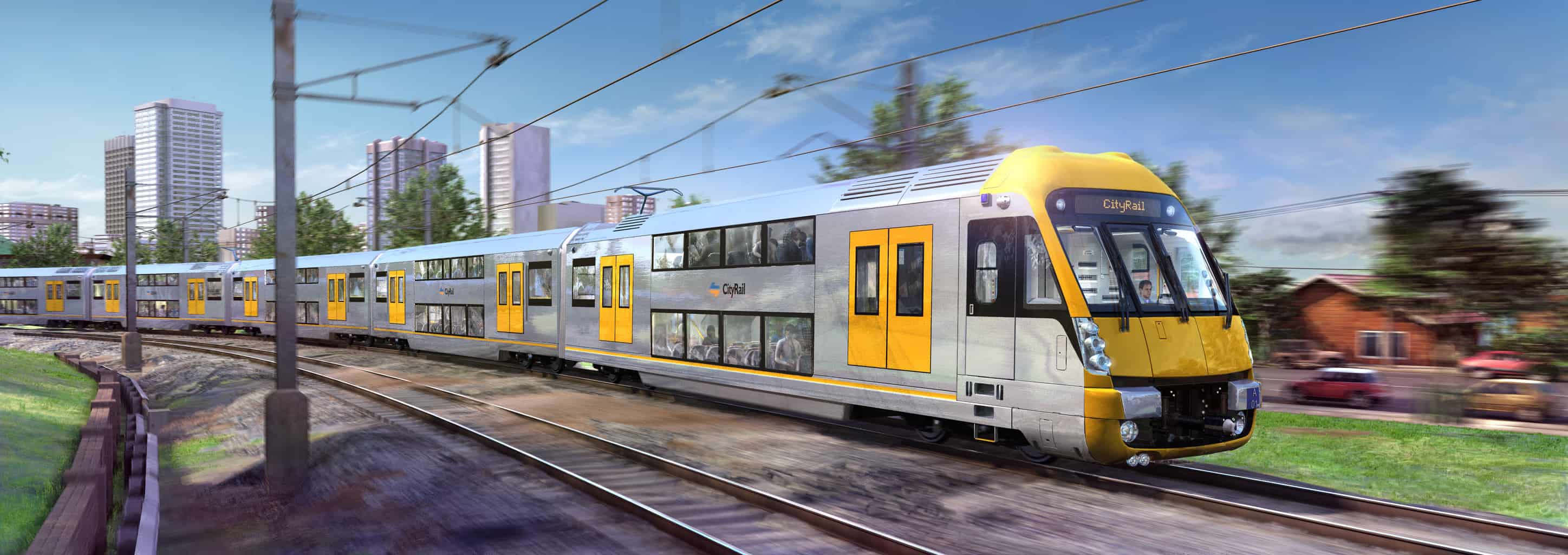As a discipline for study, fatigue still seems to be in its early days and this presents a challenge for safety professionals and researchers. Everyone knows what fatigue is because at some time we all suffer it, but try to define it and it is different things to different people.
Transport Safety Victoria (TSV), a division of the Department of Transport, brought together three speakers on the issue of fatigue management in early August 2011. The public seminar provided a good indication of the complexity of the occupational issue of fatigue management.
The first revelation in the seminar came from Dr Paula Mitchell who stressed that fatigue cannot be self-assessed. Researchers are struggling to create a widely accepted indicator for fatigue. There is no blood alcohol reading device for fatigue and the Independent Transport Safety Regulator in July 2010 expressed caution on the application of the bio-mathematical fatigue model. Continue reading “Fatigue management is getting clearer but is competing for attention”

